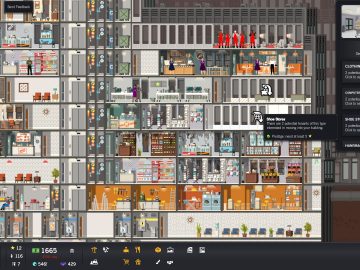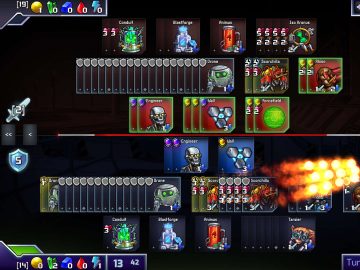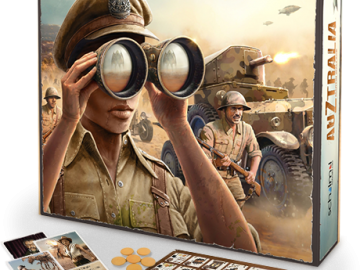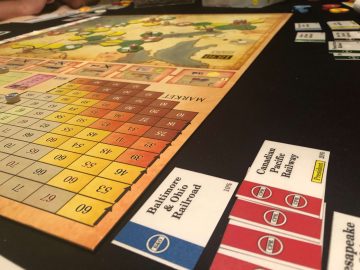Steam • In which the author addresses the greatest philosophical problems in gaming I tried to do a brief look at Silicon Zeroes, the easy chair of the programming game mini-genre, but, like Proust’s madeleine biscuit*, a single level touched off a bunch of related thoughts I needed to address. But SZ deserves at least a brief overview: if you’re familiar with Human Resource Machine or TIS-100P, you’ve seen the basic idea before: simple programming tasks are basically just puzzles, anyway, so folks have started turning them into puzzle games. SZ does so more comfortably than most, with an easily-grasped interface and helpful features like the ability to bundle a code segment into a reusable chunk. But it also includes the level in question: a problem in which you’re briefly denied access to one of the functions you’ve been using (subtraction), and have to build something to accomplish the same goal. Months later, I think I have an idea of how to understand the intellectual product which makes games distinct from other art forms, and which tracks my intuitions about intellectual property. Though you might have different intuitions, we’ll at least be able to disagree more specifically.










